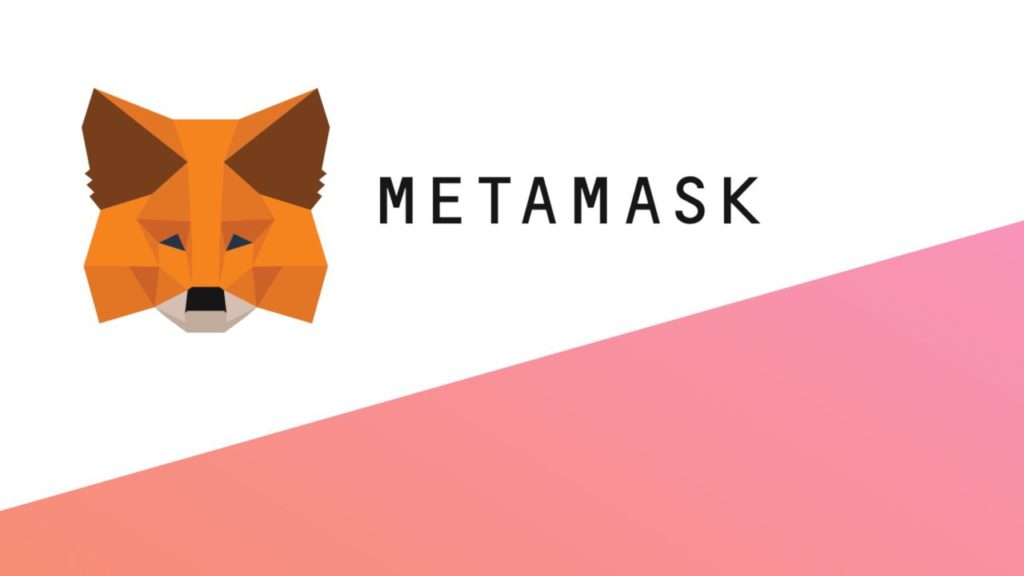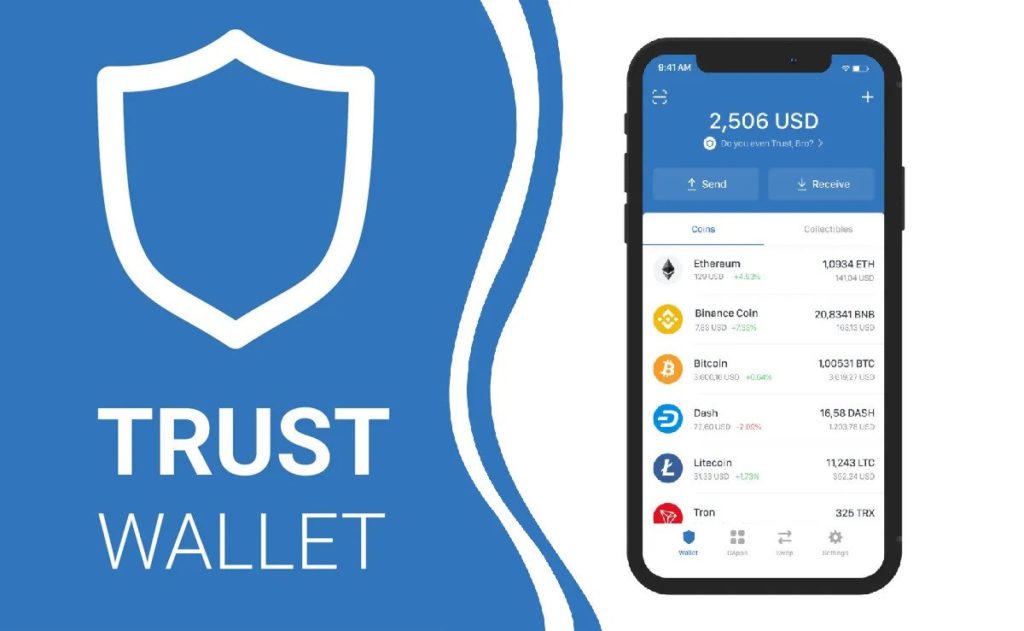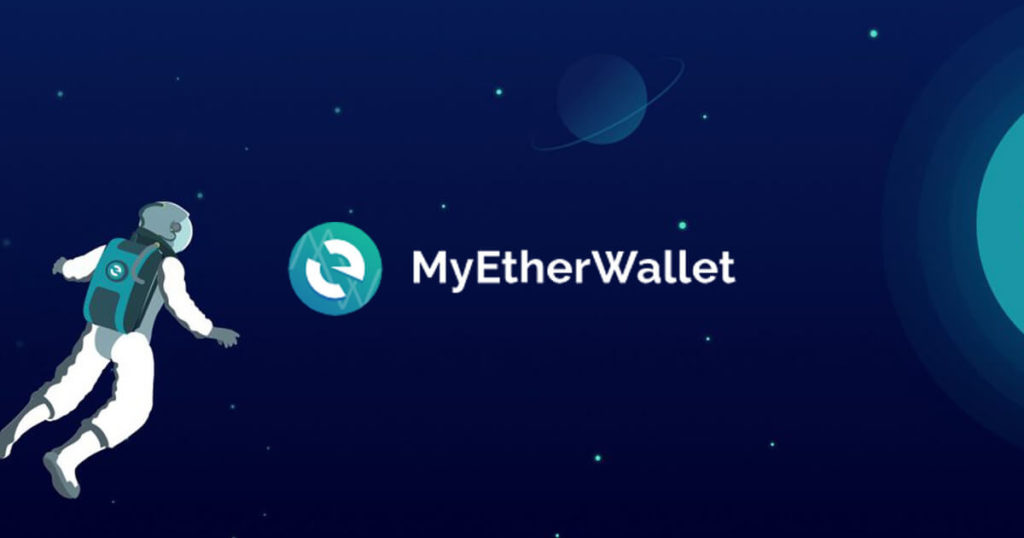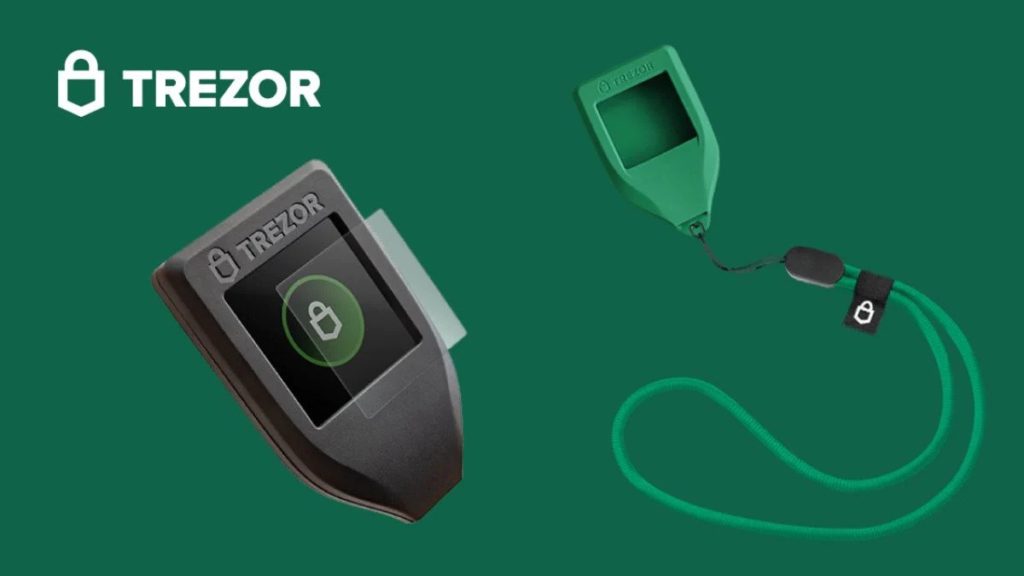Table of Contents
MetaMask is a free browser extension and mobile app that allows users to store and exchange cryptocurrency, interact with Ethereum, and host decentralized applications (dApps).
MetaMask has become a favorite wallet tool for many Ethereum users due to its simplified user experience (UX) and approachable design. Metamask is a multifunctional, robust, and user-friendly portal to Web3 as a wallet that provides storage, swaps, and access to decentralized apps (dApps).
What Is MetaMask?

MetaMask is a free web and mobile cryptocurrency wallet that lets users store and exchange cryptocurrencies, interact with the Ethereum blockchain ecosystem, and host a growing number of decentralized applications (dApps). It is one of the world’s most popular crypto applications. In August 2021, MetaMask had over ten million active monthly users.
Previously, MetaMask was only available as a desktop browser plugin for Firefox and Chrome, but MetaMask Mobile was released in September 2020 for both Android and iOS devices. MetaMask quickly became the industry standard for self-managed, non-custodial crypto wallets, thanks in part to its user experience (UX) and frequent updates.
By simplifying and streamlining the Ethereum user experience into a single simple wallet interface, it has played a critical role in raising the standards of usability in blockchain and crypto technology, laying the groundwork for the explosive growth of sectors such as decentralized finance (DeFi) and non-fungible tokens (NFTs).
Top 5 Web3 Competitors
Since the huge success and popularity of MetaMask, many more similar alternatives appeared on the crypto market, we will list the top 5 competitors below so you can know what is the best alternative to MetaMask.
1. Trust Wallet

Trust Wallet was designed with ease of use in mind, allowing users to accumulate, send, receive, and stake over 1 million cryptocurrencies and non-fungible tokens (NFTs) from their smartphone. New cryptocurrency users will appreciate the ease of use, but they may run into issues if their account is compromised.
Trust Wallet is a non-custodial cryptocurrency wallet that supports over a million different cryptocurrencies across blockchains and is managed on a smartphone.
Trust Wallet app users can purchase cryptocurrency, send and receive coins, and buy and sell NFTs.
Because Trust Wallet is designed to work primarily on smartphones, it may be difficult to integrate it with NFT marketplaces and decentralized exchanges.
As a decentralized wallet, customer service is limited to technical issues; users cannot obtain assistance in recovering secret phrases or PINs in order to regain access to their currency.
2. Magic (Previously “Fortmatic”)

Magic (Fortmatic) is a cryptocurrency wallet that allows users to obtain tokens and use decentralized apps from their Ethereum address. It uses a mobile number or an email address for authentication rather than a browser extension or seed words. Sean Li established the company in 2018.
Instead of allowing crypto wallet access to your UX, Magic wallet allows users to use your Ethereum app from anywhere. There will be no browsing site add-ons or seed phrases in the future. Magic has been integrated by leading blockchain firms all over the world.
Users interact with applications 65 percent of the time on the extensions web, not just on the desktop. There is no need to change anything if your program appears to work with web3 and MetaMask. MetaMask is outclassed by Magic. According to some Magic wallet reviews, Magic is SOC 2 Type 1 compliant due to its non-custodial HSM design.
3. MyEtherWallet

MyEtherWallet (MEW) is a multi-platform Ethereum wallet that allows users to store Ether (ETH), ERC-20 tokens, and non-fungible tokens (NFTs). MEW users can also buy, sell, swap, and exchange cryptocurrency directly from the wallet’s interface.
To provide full access to the Ethereum ecosystem, the open-source wallet also allows users to interact with smart contracts and decentralized applications (DApps).
MyEtherWallet is an Ethereum wallet, as the name implies. MEW’s founders created the client-side interface to allow users to interact with the Ethereum ecosystem. MEW users can thus store, send, and receive ETH, ERC-20 tokens, and NFTs.
MEW users can also swap tokens using the built-in swap function, which supports Ethereum-based token swapping. Users can also engage in cross-chain swaps to exchange tokens across blockchains. For example, holders of ETH can exchange their tokens for Bitcoin (BTC).
Furthermore, MEW users can stake ETH and purchase and manage blockchain-based ENS domains by using the MEW mobile wallet to access the interface’s connected DApp ecosystem as well as hundreds of other DApps.
Furthermore, MEW users can interact with and deploy smart contracts, allowing advanced Ethereum users to construct on the Ethereum blockchain. Additionally, MyEtherWallet users can use MEW to sign and verify messages on the Ethereum blockchain.
4. Exodus

Exodus, our top pick for beginners, is a simple and easy-to-use crypto wallet that gives you access to over 150 assets. While the wallet’s numerous features make it a viable option for almost anyone, it is especially suited for new crypto investors.
Exodus supports over 150 currencies across seven different blockchains. Exodus’ internal exchange allows users to buy, sell, and swap currencies. Furthermore, Exodus’ collaboration with FTX allows users to access the exchange directly from the Exodus app, facilitating asset transfers between the two.
Exodus has also recently integrated the Lightning Network as a payment system, which users will notice. In a nutshell, the Lightning Network is a payment system that operates outside of the Bitcoin network. As a result, Exodus users who use this feature will benefit from faster and cheaper Bitcoin (BTC) transactions.
Another recent addition to the Exodus NFT Marketplace is the ability to buy, sell, send, and receive Non Fungible Tokens (NFT). This feature is available on both the mobile and desktop versions of the app thanks to a partnership with Magic Eden. Exodus supports NFT transactions on the Solana network, which users should be aware of. As a result, a minimum reserve of 0.01 SOL will be required to complete an NFT transaction successfully.
5. Trezor Wallet

Trezor is the first cryptocurrency hardware wallet, introduced in 2014 by a cryptocurrency company called Satoshilabs. Trezor is the first cold wallet invented to safely store bitcoins and other cryptocurrencies offline, that is, away from internet connectivity. This wallet functions similarly to a USB device that can be connected to any handheld or computer device, including mobile phones, tablets, desktop computers, wearables, and others.
The trezor’s high-end security features have drawn many cryptocurrency exchanges, traders, and average bitcoiners to it, and it has become the most trusted cryptocurrency hardware wallet. The introduction of Trezor has taken cryptocurrency security to the next level.
Trezor is a cryptocurrency wallet with a single purpose: to store cryptocurrencies, approve transactions, and assist you in managing any type of digital identity. Trezor guarantees your assets 100 percent and protects all crypto entities from potential online and offline security risks.
Trezor never saves private keys to a network of connected devices and always confirms transactions away from the internet. Private data in trezor will never be leaked, rewritten, or erased, even if you haven’t used it in a long time. Trezor never requires a battery backup; instead, power is obtained through a USB connection.
Trezor wallet comes in two models: Trezor wallet one and Trezor wallet T. There are some significant differences between the two. Trezor wallet one was released on January 29, 2014, and Trezor T, the premium model, was released on February 26, 2018. Below is a brief comparison of the two types of trezor wallets.
Final Thoughts
Now that you know the best MetaMask alternatives it is time to wisely select your next wallet to store your favorite cryptocurrencies. Please have in mind that most of those wallet providers are fully decentralized and you can access your wallet address only through a seed phrase or private key.
So make sure you store them carefully and keep it to yourself, do not share your private keys or seed phrase to anyone.
Disclaimer: The opinion expressed here is not investment advice – it is provided for informational purposes only. It does not necessarily reflect the opinion of EGG Finance. Every investment and all trading involves risk, so you should always perform your own research prior to making decisions. We do not recommend investing money you cannot afford to lose.
 English
English Français
Français Español
Español Bahasa Indonesia
Bahasa Indonesia 中文 (中国)
中文 (中国) Русский
Русский Português
Português Deutsch
Deutsch

